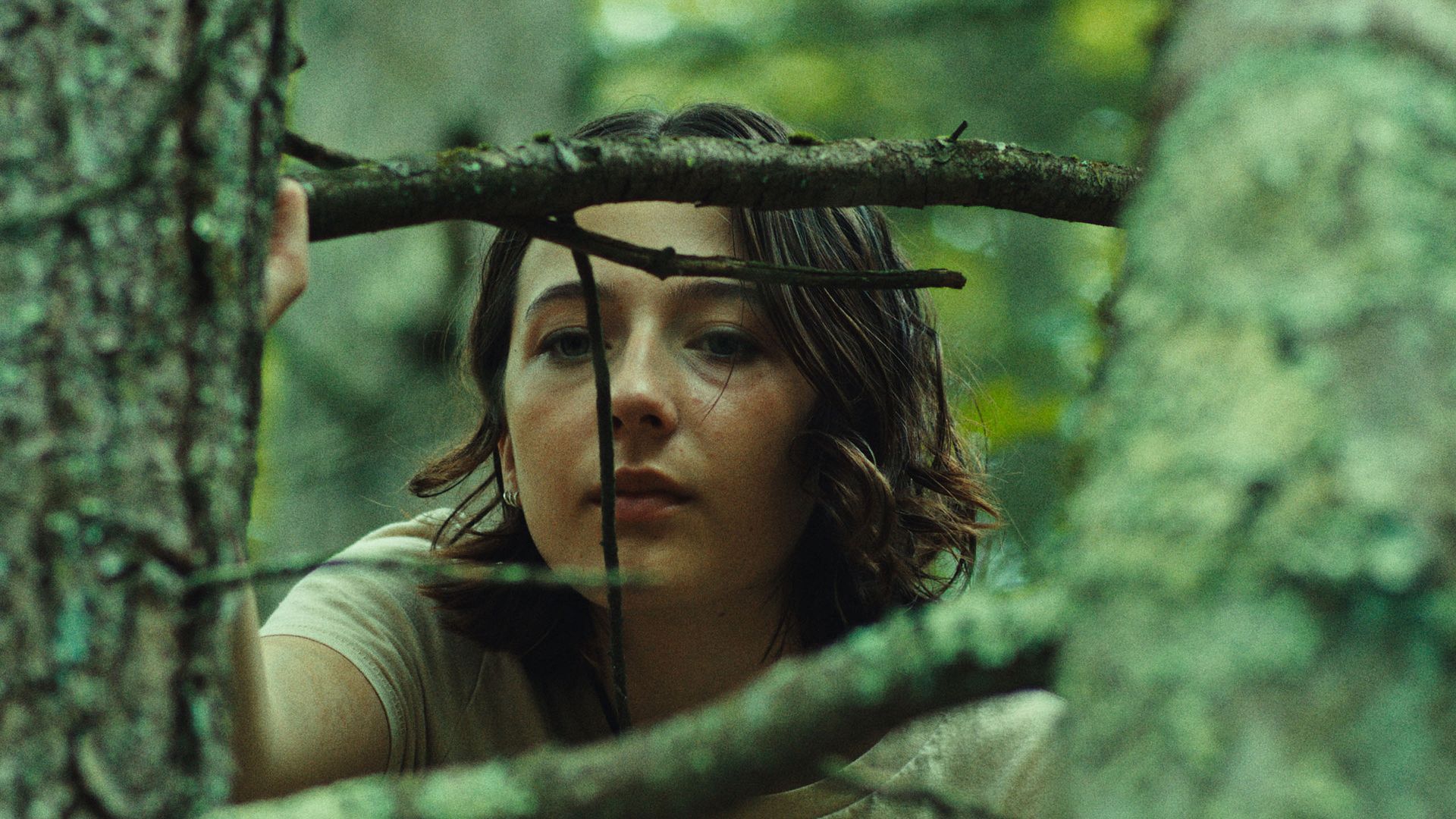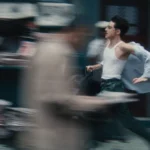There are always two types of hikers – those who know how to pack peanut butter and those who wear jeans. Good One is about both of these individuals – the mocking, the tension, the things “done wrong”, the looks of disdain. But more importantly, it is about the third hiker caught in the middle.
Newcomer Lily Collias is a revelation as Sam, a seventeen year old who is forced into a weekend in the Catskills with her father Chris (James Le Gros) and his longtime friend Matt (Danny McCarthy). Tension runs high within seconds – Matt has argued with his son Dylan, who was supposed to come on the trip, and has left him behind in a flurry of insults. And so there are three. A strange dynamic unfolds, in which Sam is caught in a rivalry, in the insecurities that have built up over decades of friendship. Chris is prepped and ready to go for their hiking trip, sorting through the unnecessary objects that Matt has brought along in his backpack, mocking him for forgetting his sleeping bag without care or lucidity. It is deeply humiliating to watch. There is a lot of history there too, told in snippets by the campfire – India Donaldson’s agile script offers it up artfully through the means of story, of fiction. Matt tells a “horror” tale of a promising actor turned salesman who cheats on his wife with a younger woman while on a work trip. It isn’t difficult to distinguish who the character is. Similarly, when asked what will become of him, Sam jokingly tells him he will meet a twenty five year old and have a newborn with her at the age of sixty – “that’s enough”, her father says, looking down at his feet. Storytelling and hypothesis is also central to a particularly revealing sequence in which they meet three young male hikers – while Matt tells bizarre stories from their youth, Chris, having found out they have hiked both Latin America and Alaska, tries to one up their hiking exploits by suggesting he’ll trek across China too. The younger trio, meanwhile, discuss tarot readings around their metal bowls of food unwittingly. Pitting generation against generation, it’s efficient, if a bit too obvious.
As a duo too, the men are never tender with each other – when they are on good terms, it is often to gently prod fun at Sam, who must manage their ups and downs with dexterity. Collias truly shines to another standard here, conveying so much with so little expression. She is poised, never rising to meet their childishness. And yet, certain sequences remind us that she is still just a teenager, caught in the web of others’ unresolved issues. She is mediator, punching bag and conductor all at once. Deep down, the question is perhaps how this will affect her in adulthood – what will she pass onto her children as her father has passed onto her? A love for hiking or a deep dissatisfaction for life? Will she even have any?
Towards its end, Good One takes a sharp, unexpected turn – at first, it feels seemingly ill-placed, stripping the film of a possible conversation between the two men. However, more importantly, it reveals the film’s willingness to tackle a variety of perspectives at once. There are so many layers to unpack, a first viewing is likely only to reveal a few: Good One is quiet, and yet strangely loud at the same time in its ability – or struggle – to say a lot in a short amount of time. Is it about father-daughter relationships, generational gaps, the role middle-aged men now play within a rapidly changing world, the inability to share among men, an age begone? Perhaps all of the above. Either way, it is thoughtful and beautiful, and perhaps even, in the final sequence, hopeful that everyone can learn to do better.





